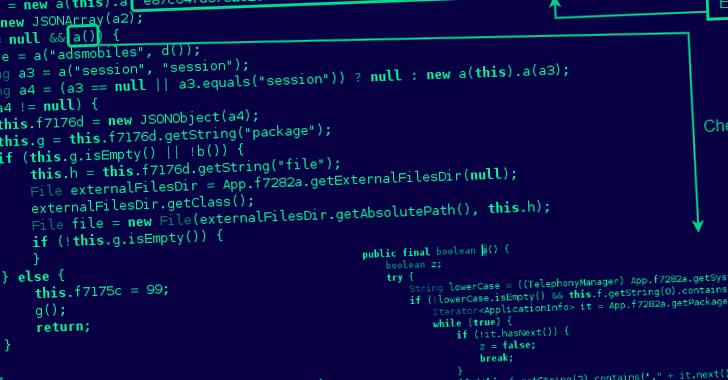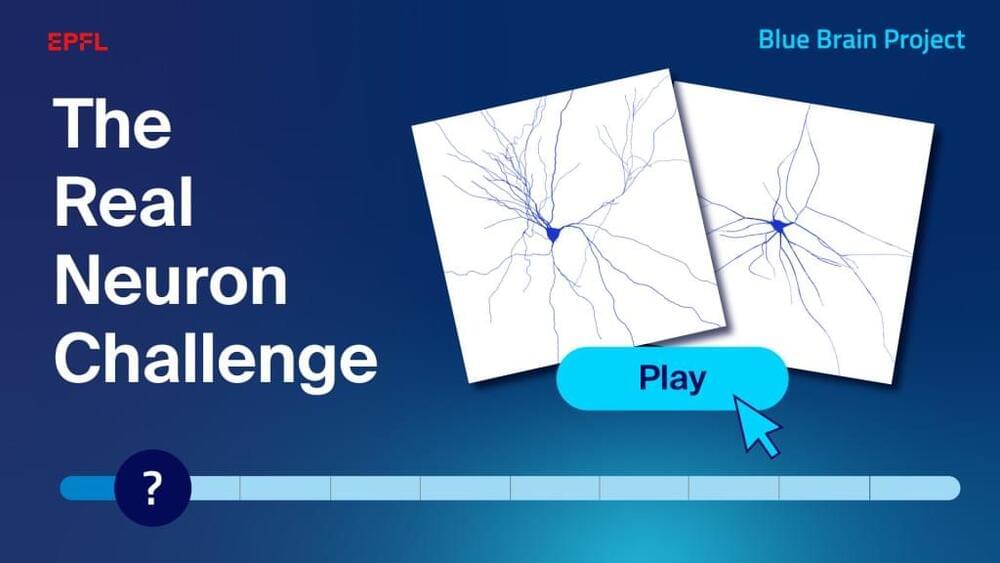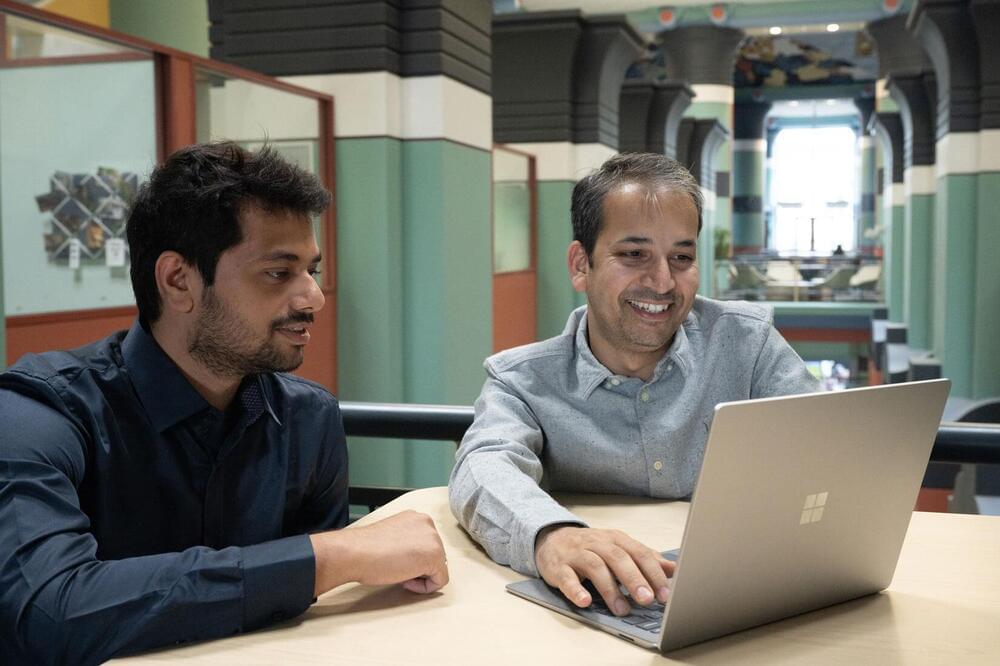The Dunedin Pace of Aging Algorithm (PACE) was created by researchers from Duke, and the University of Otago over the course of 50 years of longitudinal research. It offers a revolutionary way to track aging which looks at an individual’s current rate of aging, and now TruDiagnostic has announced it is offering this powerful, third-generation clock to the public at an affordable price through TruAge PACE.
Longevity. Technology: Biologically, aging is the process of human cells slowly losing function over time; this process can be tracked by examining molecular markers called methylation and using advanced algorithms to sort those markers and calculate a person’s biological age – how old they are biologically rather than they number of birthdays they have clocked up.
The ability to track aging is dependent on the ability of the algorithms themselves. Until recently, most algorithms were trained on chronological age, and this meant they had poor responsiveness to interventions that are known to impact the biological course of aging. PACE gives individuals t he ability to detect rapid aging at an early age.









